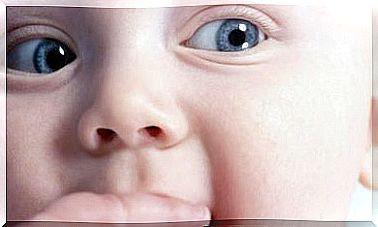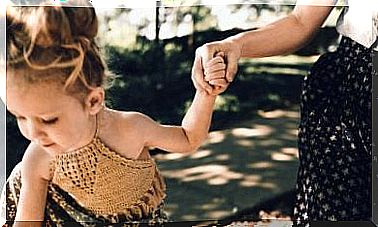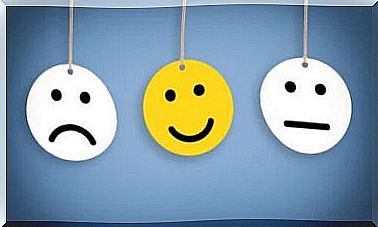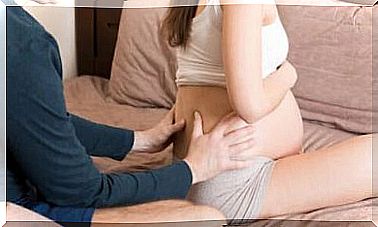Should A Baby Under 6 Months Drink Water?
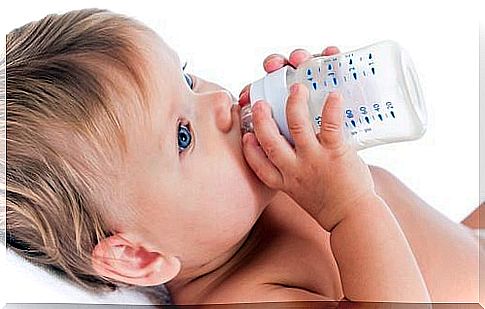
If the answer were obvious, we wouldn’t be asking whether a baby under 6 months should drink water. So find out in this article whether or not it’s okay to give water to a baby under six months.
Breast milk becomes a baby’s staple food from its first few days and for many more months. It is believed that all the nutrition and hydration that babies need are received during breastfeeding. Perhaps when complementary feeding is introduced, the child could start drinking water.
Why should babies not drink water?
The main reason why your baby shouldn’t drink water is because they don’t need it. It is even possible to notice that he himself may reject it. You must not force him to drink water. This should also not be a cause for concern as it is normal and will have no consequences.
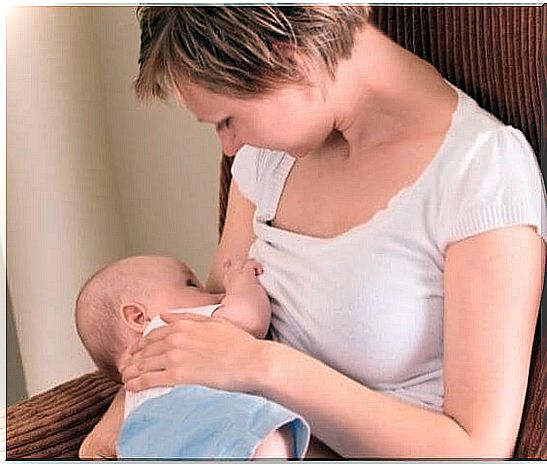
Thirst is an easy thing to identify even in young children. When they grow up and start talking, they are able to indicate that they want water. In fact, it’s one of the first words babies learn to say. But they don’t start to feel thirsty until they start consuming foods other than milk.
According to experts, breastfeeding should be exclusive until six months of age. By “exclusive” we mean that breast milk is the only thing a baby should consume. So that, apart from water, no food should be consumed by babies until they have received all the necessary nutrients from breast milk during this period.
According to the World Health Organization (WHO), there are two basic reasons why babies should not be given water. The first, as we said, is that they don’t have to. The second is that it can affect how they feed. According to experts, all the necessary hydration is in breast milk and if babies drink water their milk consumption could be reduced.
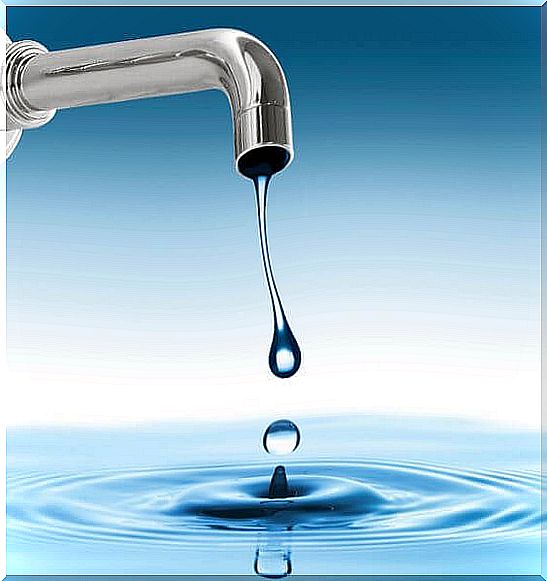
What water should the baby drink?
There are some exceptional cases where children drink water before six months. For example, because of the lack of knowledge of parents, of babies who are fed with formula, or because of problems such as fever or gastroenteritis. If necessary, then, it is necessary to take into account certain conditions that the water must present to be ingested, for example:
- It is advisable that it be a water whose potability is guaranteed, with a small amount of fluorine and without contact with lead. Even when potable, it should be boiled and brought to room temperature before giving it to the baby.
- Bottled water, while preferable, is not always the best option. In order for it to be adequate, it is important to verify that it has a low content of fluorine, iodine and nitrates. Generally, the label indicates that it is suitable for children’s consumption and contains low mineralization. Some mothers also use to boil water that is bottled.
When the baby starts to receive their complementary food, many of the products they consume also contain water. In addition to still consuming breast milk, other foods such as soups, baby food and juices will largely contribute to the necessary hydration for the baby. Therefore, it is advisable to give small doses so that you can quench thirst caused by food.
How do you make sure your baby doesn’t need to drink water?
You may not know it, but breast milk can supply this aspect so much that the child may want to breastfeed because of thirst. Remember that at the time of her birth she was hydrated in an unconventional way and once she is born, she only identifies milk as food.
If we pay attention, we can see that in certain cases the baby takes the milk in small portions. It is possible that these situations are more related to thirst than hunger. Perhaps this is why most babies reject water, as they already feel satisfied about it. It’s like trying to drink water even after we’re full.
Unlike when the baby breastfeeds because of hunger, when the baby is breastfed because of thirst, it is common for him to drink milk outside the usual time and to suck a little at each breast. It is understood that this is done by thirst because the first milk you suck is a little more watery compared to what comes out later. Therefore, he takes only what he needs from each breast.


